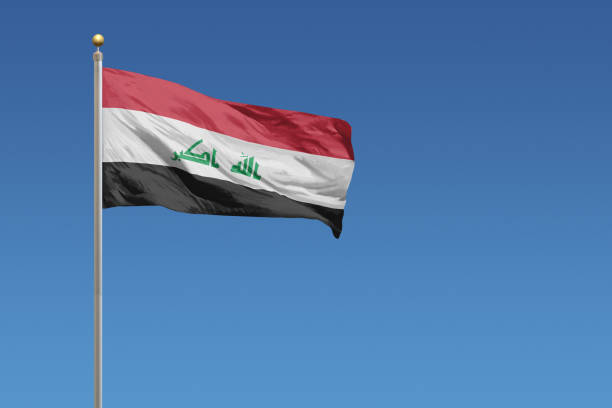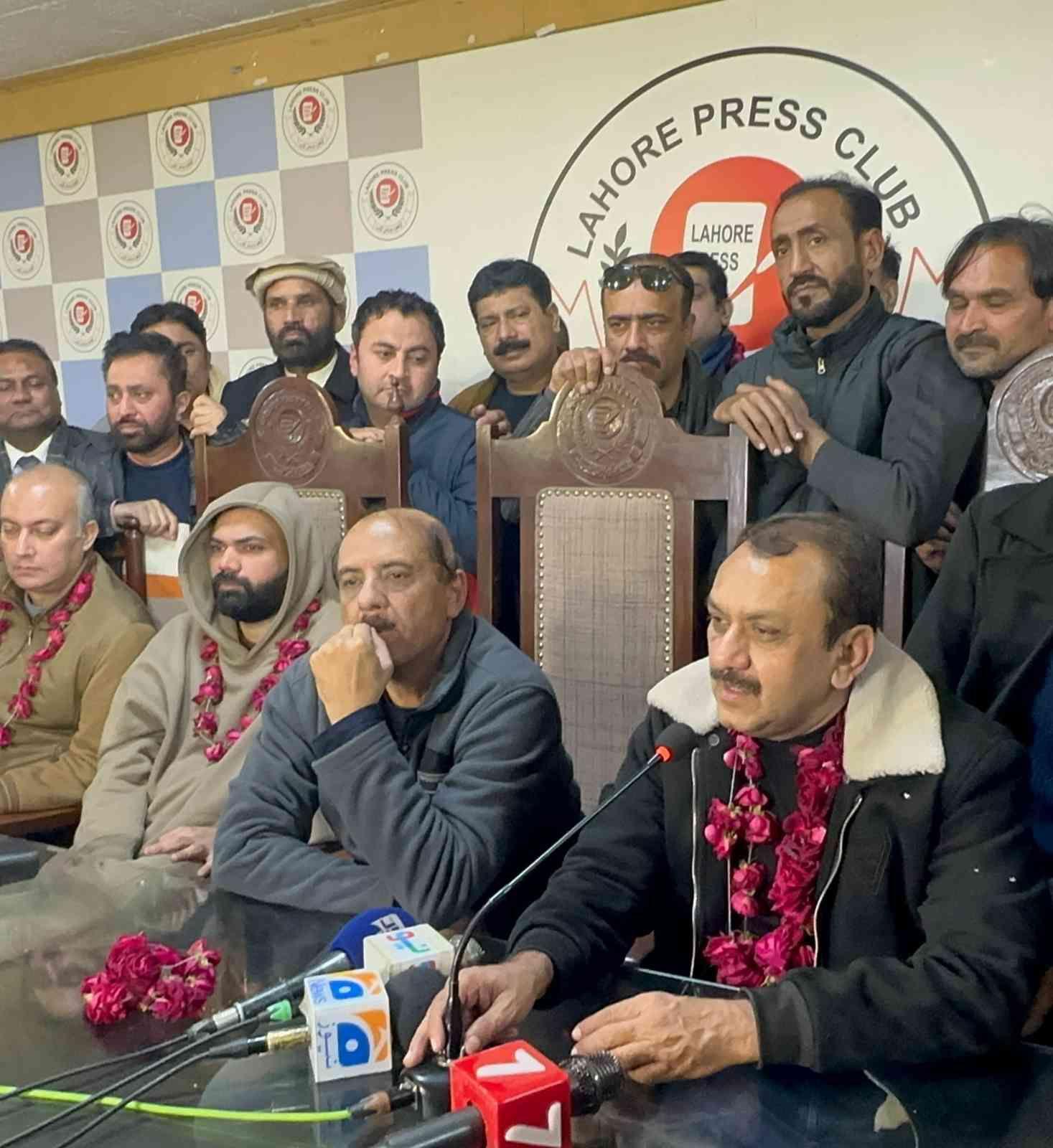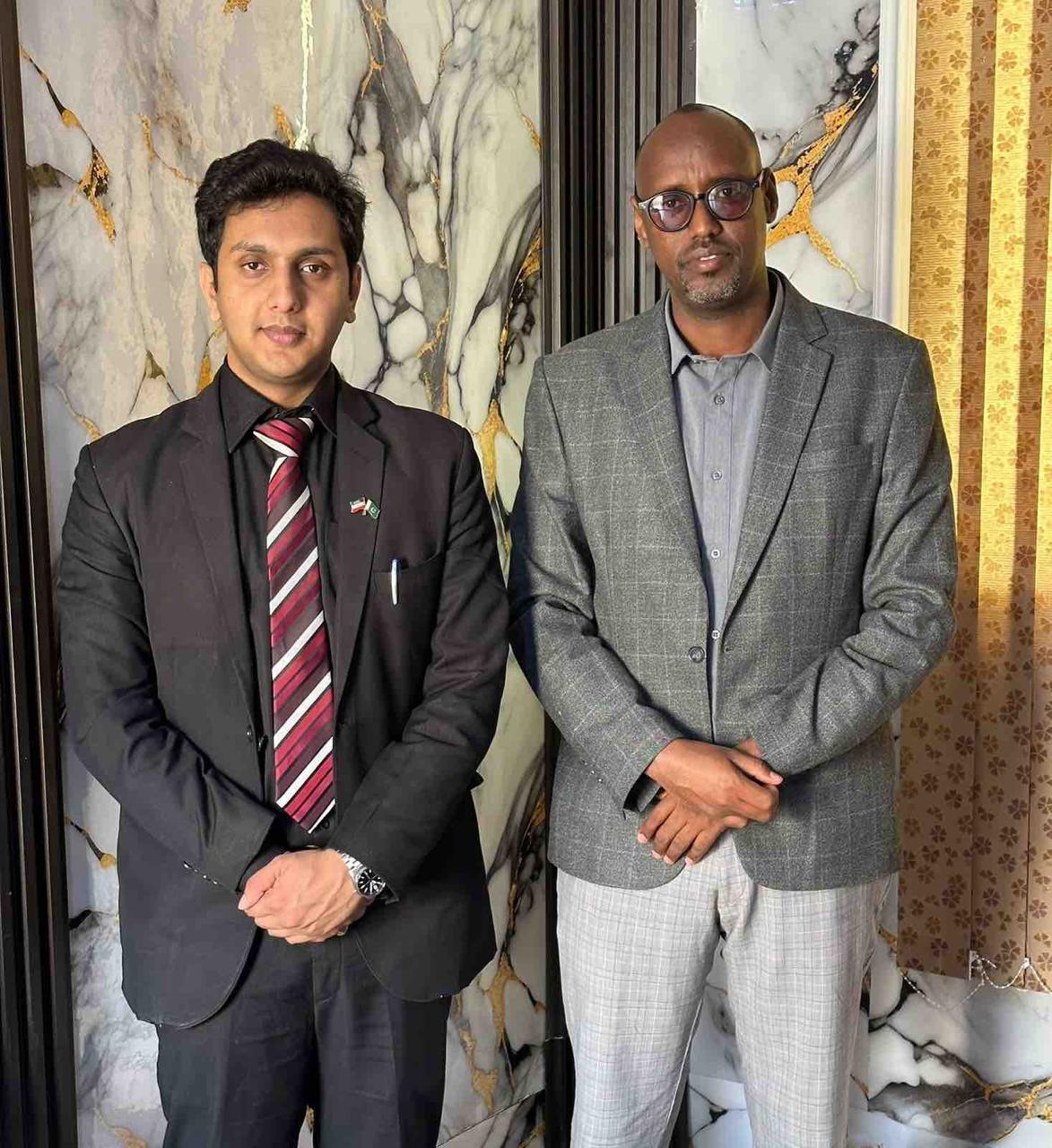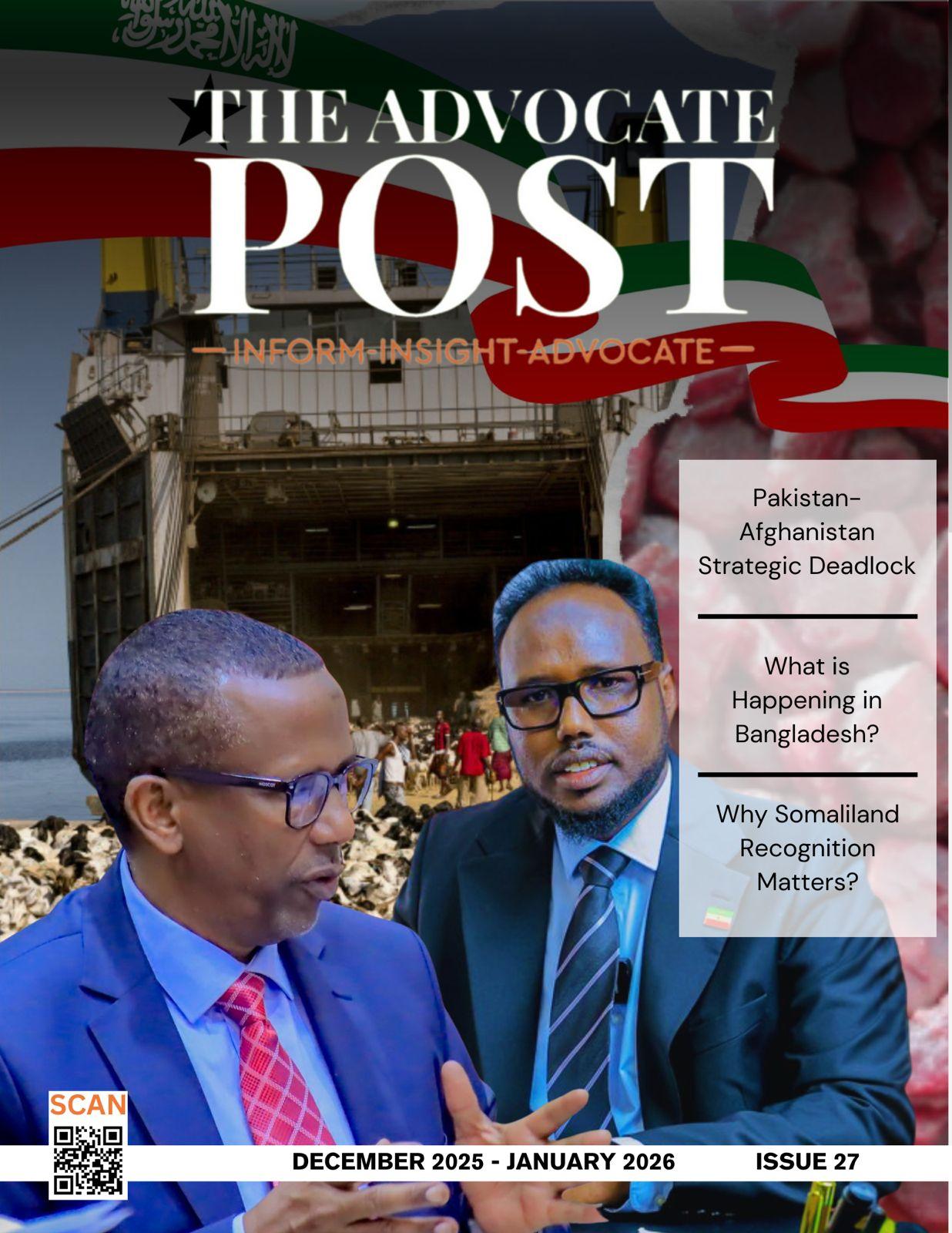By Noor Alwali (Iraq)
Amid regional turmoil and persistent internal political challenges, Iraq faces an uncertain future. At the core of its difficulties lies a stagnant economy built almost entirely on oil revenues. Iraq’s economy has historically depended almost entirely on oil exports, making it highly vulnerable to global price fluctuations. Decades of conflict, sanctions, and political instability have further hindered economic diversification and development, leaving large segments of the population unemployed and public services underfunded. Past reform efforts have often stalled due to bureaucratic inefficiencies, corruption, and shifting political priorities. With the world gradually moving away from fossil fuels, Iraq now stands at a crossroads: either remain dependent on its natural resources or chart an alternative path toward diversification. Seeking to redefine the country’s trajectory and position Iraq as a regional economic power, Prime Minister Mohammed Shia al-Sudani launched Iraq Vision 2050 on September 20.
The Vision seeks to fundamentally reshape Iraq’s economy, moving beyond oil dependency through a strategy developed in 2023 by the government in partnership with the private sector and the McKinsey Global Institute. To ensure its phased implementation, the plan will be supported by U.S.-based consultancy KBR, tasked with overseeing major infrastructure and development projects.
At the heart of Iraq Vision 2050 are five pillars that frame the country’s long-term transformation: building a productive society, aims to increase employment opportunities, improve education, and expand social services. Establishing a diversified and sustainable economy involves investing in industries beyond oil, such as logistics, manufacturing, and renewable energy.
Strengthening accountable governance focuses on improving transparency, reducing corruption, and creating efficient public institutions. Enhancing Iraq’s regional and international role seeks to position the country as a strategic trade and transit hub, while placing youth at the center ensures the next generation benefits from opportunities in education, employment, and civic participation, establishing a diversified and sustainable economy, strengthening accountable governance, enhancing Iraq’s regional and international role, and placing youth at the center of development. Flagship initiatives under Vision 2050 include the Grand Faw Port and the Development Road, aimed at turning Iraq into a regional logistics hub. The Grand Faw Port, whose foundation was laid in 2010, is expected to be completed in three phases by 2038, with the first phase finished by 2025 and a total capacity of 99 million tons annually. Cargo from Asia will be transported across 1,200 kilometers of Iraqi territory via high-speed freight trains and dedicated truck lanes, before reaching Turkey and Europe. Together, these initiatives aim to generate significant revenue, create around 1.5 million jobs, and attract foreign investment, while supporting Iraq’s broader goals for economic diversification and sustainable development.
Described as a “national roadmap,” Vision 2050 engages state institutions, the private sector, academia, civil society, and youth, signaling to the world that Iraq is resurgent and poised to reclaim its role as a productive and stabilizing force for peace and prosperity.
Recognizing the unsustainability of relying solely on fossil fuels, Vision 2050 emphasizes economic diversification while accounting for technological shifts, including the transformative impact of artificial intelligence. Iraq aims to become a regional trade hub, facilitating 20% of Asia-Europe trade through the Faw Port and the Development Road project, which is expected to create 1.5 million jobs and achieve 70% self-sufficiency in food, water, and energy through sustainable green initiatives. An executive policy document has been launched to guide the governance of strategic plans, providing a clear framework for the vision’s implementation.
While Vision 2050 outlines ambitious goals for economic diversification, infrastructure development, and enhancing Iraq’s regional role, experts caution that its success is far from guaranteed. Environmental challenges, including water scarcity and climate change, threaten agriculture, energy production, and long-term sustainability. Security risks, particularly in border regions and contested provinces, could delay major infrastructure projects, while political fragmentation and entrenched corruption complicate governance reforms. Analysts also note that unveiling the plan shortly before parliamentary elections may partly serve as a political tool to bolster government image rather than a fully actionable blueprint. Realizing Vision 2050’s transformative potential requires sustained political stability, effective institutional reform, and careful management of both domestic and regional partnerships. Without these conditions, even well-designed projects risk falling short of their objectives.
If realized, Vision 2050 could reshape regional dynamics. For Iran, Iraq’s transformation offers opportunities to expand trade, strengthen security cooperation, and consolidate political influence. Regionally, positioning Iraq as a trade corridor could alter the balance of commercial flows between Asia and Europe, giving Baghdad greater leverage in international economic and political negotiations. However, external pressures and regional rivalries could complicate implementation, requiring careful diplomacy alongside domestic reforms.
Vision 2050 represents a bold attempt to reposition Iraq from a resource-dependent economy to a diversified, resilient, and globally connected state. Success would create jobs, improve living standards, enhance regional influence, and reduce reliance on oil revenues. Achieving these goals, however, hinges on addressing structural challenges, securing political stability, and building public trust in the government’s ability to deliver tangible results. Without these conditions, Vision 2050 risks remaining an aspirational blueprint rather than a transformative reality.
The author is from Basra, Iraq; Correspondent of The Advocate Post, analyst and researcher who focuses on Iraq’s politics, security dynamics, economy, and regional affairs. She previously worked with USAID as well.






This Post Has One Comment
This is brilliant. Simple and to the point.